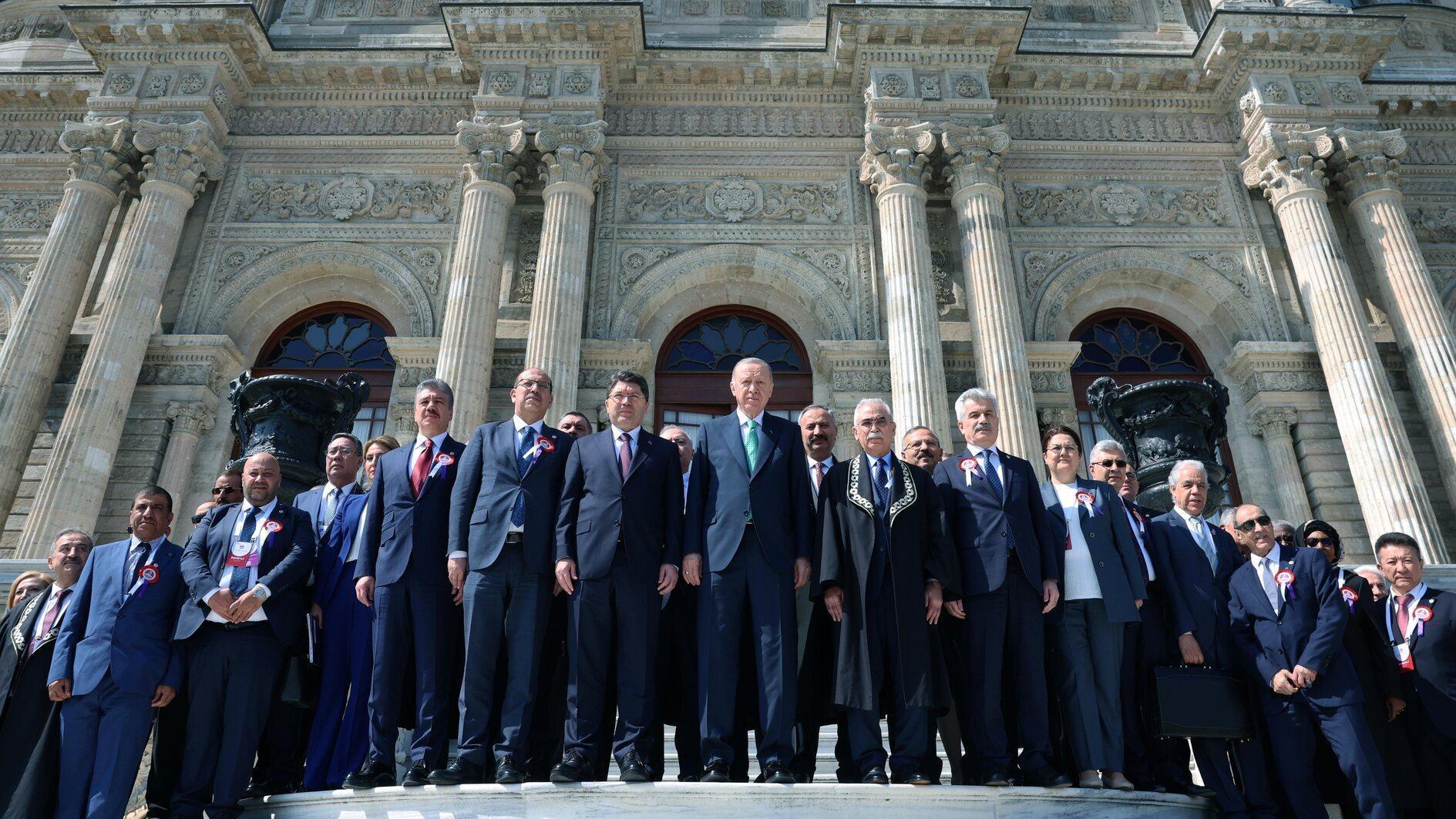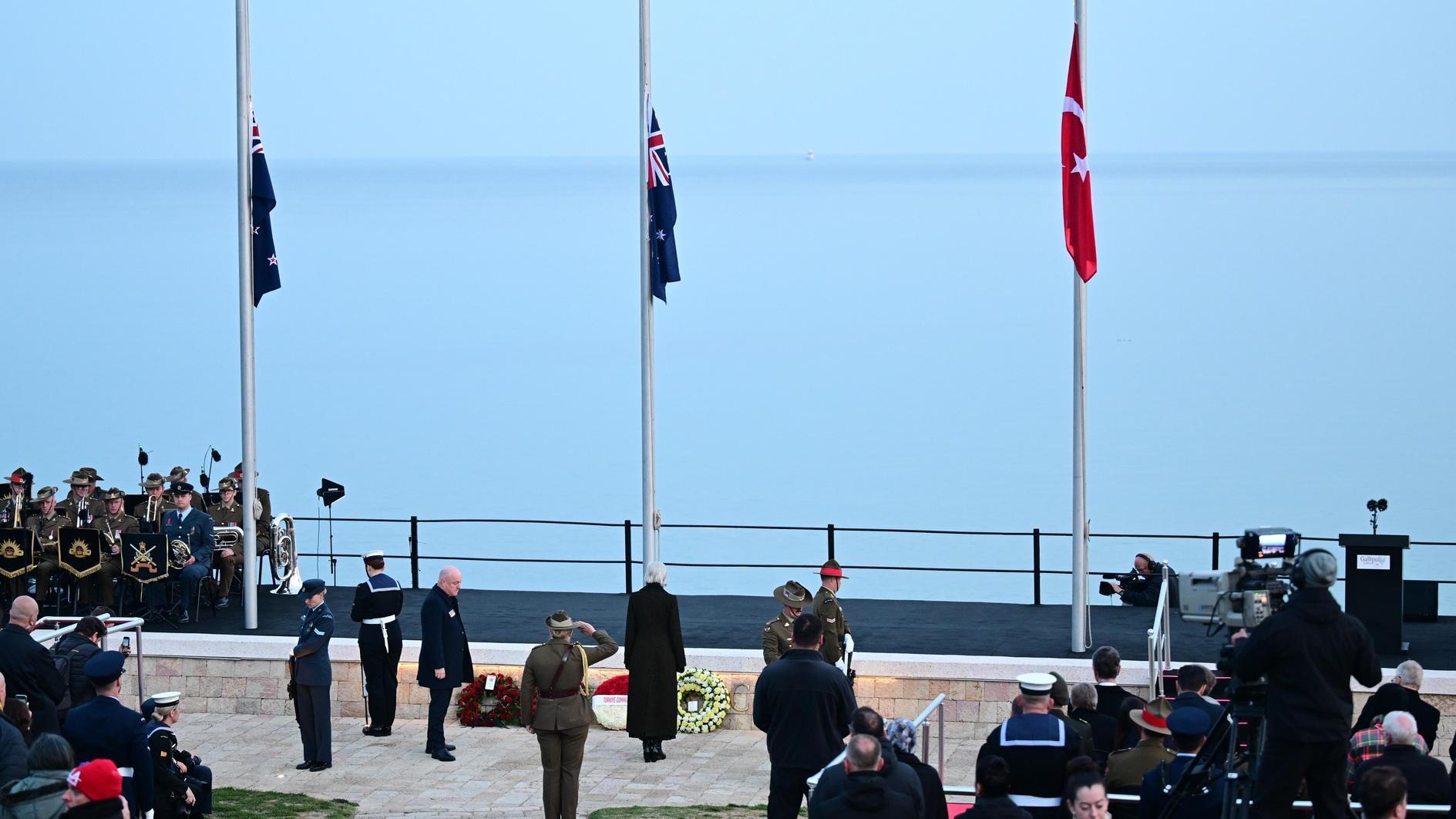Turning scraps into gold: Istanbul tackles organic waste
ISTANBUL

A new law in France has brought the discussion of best practices for waste management in Istanbul to the agenda.
The law, which came into force as of Jan. 1, made it compulsory for citizens to compost food and plant waste.
Accordingly, organic waste will be collected in plastic garbage bins or collection points distributed by municipalities and converted into compost or biogas.
According to 2021 data, the amount of food thrown away annually in Türkiye is approximately 93 kilograms per person.
Istanbul alone generates 18,000 tons of household waste daily, 44.2 percent of which is organic waste.
The transformation of organic waste, which constitutes about one-third of household waste, by separating it at its source benefits both the environment and the economy. However, separation of organic waste at source is not a common practice apart from a few exceptions in Türkiye.
The task of collecting and sorting waste from households and workplaces falls on district municipalities.
Filiz Kara, deputy director of the Istanbul Municipality Waste Management Branch, said that most organic waste is generated by businesses such as restaurants and hotels rather than households.
"With the protocol we signed two years ago, we took on the task of collecting food waste from businesses in Istanbul. We produce soil-improving compost from this organic waste and use it in the landscaping of parks and gardens."
Waste collected and sorted by district municipalities in Istanbul is brought to transfer stations. From there, they are taken to recycling facilities by Istanbul Municipality's garbage trucks.
After resorting, the remaining waste is directed to landfills and incineration plants. Here, 1,300,000 megawatt hours of electricity is generated annually from the methane gas and combustion heat released during the decomposition process of organic waste.
This amount is equivalent to the annual electricity needs of 2.5 million people.
There are also best practices implemented by some district municipalities within the scope of Zero Waste management.
On Tuesdays and Fridays, the Üsküdar Municipality collects packaging waste consisting of glass, metal, plastic and paper, in addition to household waste to be recycled. The income generated from recycling the waste is used for social benefits for those in need, such as food, clothing, fuel, food aid and other materials for students.
Another example is the Beykoz Municipality, which converts biodegradable waste into compost with manual composting machines installed in its social facilities.
A project by Başakşehir Municipality allows recycling waste collected from housing estates and complexes to be converted into points through a mobile application where users can earn various gifts.
Within the scope of Fatih Municipality's project, those who bring their recyclable waste (packaging, waste oil, electronic waste) to a mobile waste center in the last week of each month earn points and can also buy food for pets.
The Zeytinburnu Municipality has come up with "Z cards," to which the municipality loads points in return for the separated waste from households. The cardholders can use their card to shop at contracted markets.
















